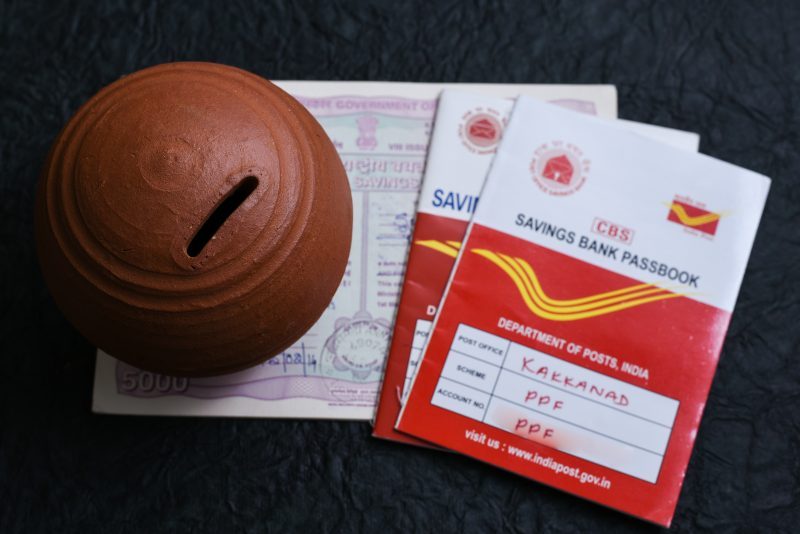Are you thinking of starting your investment journey with mutual funds? Well, here are a few things you can consider before you start building wealth for a financially secure and prosperous future. Also, these simple tips, if implemented in the right manner, can go a long way.
Portfolio Diversification
Over-diversification has turned out to be one of the most common mistakes that result in reduced investment returns.
Owning an over diversified portfolio can limit your stocks from performing above their benchmarks. Hence, it is advised to prioritise quality over quantity.
A well-balanced optimally diversified portfolio could be the right choice if you are looking to generate excellent returns from your investment in the long run.
SIP or Lump sum?
Did you know that most investors prefer a Systematic Investment Plan (SIP) over lump sum investment? SIP not only gives you the flexibility to customise your investment frequency but also gives you the benefit of rupee cost averaging.
SIP allows you to purchase more units at a lower price when the market is down and vice versa. This will let you average your total investment costs.
Also Read: Benefits of mutual funds savings against chit funds
SWP or Dividend Option?
Which is better – Systematic Withdrawal Plan (SWP) or Dividends? Dividends are always subject to market conditions, which means the mutual fund doesn’t need to issue dividends at regular intervals. Also, these profits attract dividends distribution tax (DDT).
SWP, on the other hand, is comparatively more reliable than dividends as the applicable tax on these withdrawals is the same as that of equity or debt funds.
Also, unlike dividends, you can decide the withdrawal frequency and customise your cash flows as per your requirement in the case of SWP.
How Long Should You Stay Invested?
As first-time investors, most of us do not have a pre-defined investment horizon. Meaning we do not have a specific period set for investment. The first step to generate returns from mutual funds is to define its purpose – your financial goal.
A financial goal can either be short-term or long-term. It can be purchasing your first luxury vehicle, buying a house, child’s education, retirement or even an exotic vacation you have been planning to go on.
Having a pre-defined goal before you start investing will ensure that you make dedicated savings for your investment until the goal is achieved.
Also, take factors such as your risk appetite and the type of plan – direct or regular – you wish to invest before deciding on a mutual fund scheme. Various schemes give you different benefits. Choose the plan that suits you the best.
Do not blindly follow the advice of your peers. Instead, look into the fund’s historical performance for better knowledge. Choose a suitable investment plan that matches your risk appetite, investment horizon and financial goals. Happy investing!
For any clarifications/feedback on the topic, please contact the writer at viswanathan.v@cleartax.in

Abbreviation is the name of the game – SIP, NPS, ELSS, KTM, and OMR.
Vishnu is the cat that got too curious. He can normally be found staring at market charts or drooling over his Real Madrid curios.
Favourite quote: ” Madrid, Madrid, Madrid ¡Hala Madrid! Y nada más”





